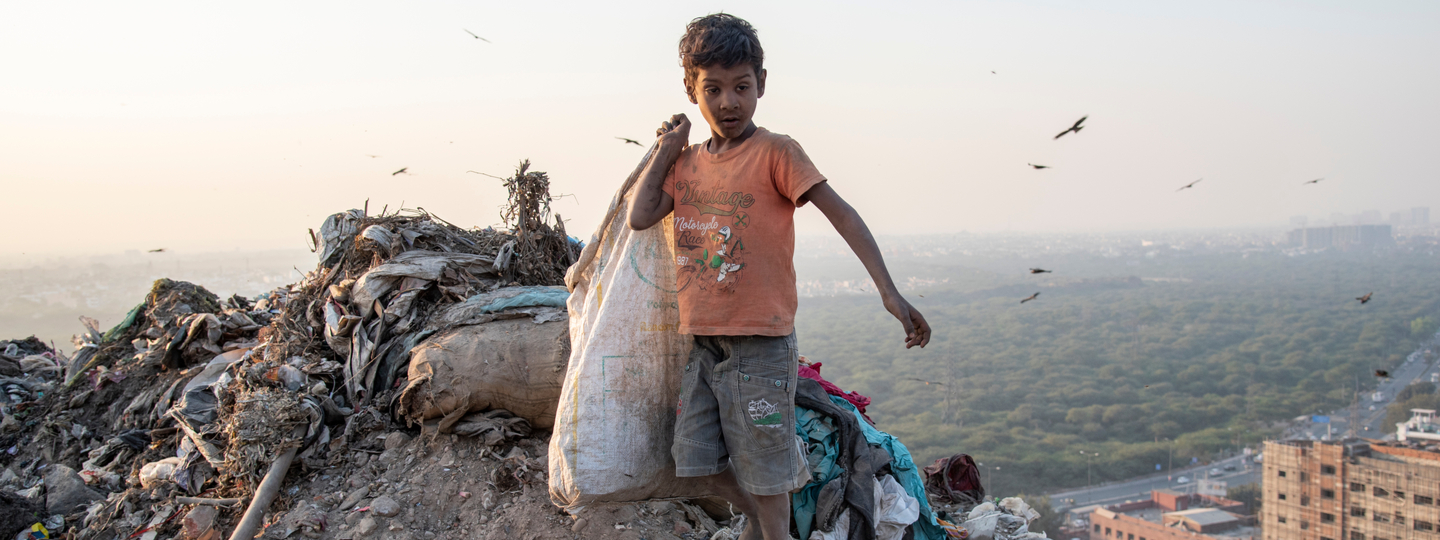“Uniting for a Better World: International Efforts Combatting Poverty and Inequality”
International efforts to address poverty and inequality have been a significant focus for governments, organizations, and individuals worldwide. Recognizing the urgent need to alleviate poverty and reduce inequality, various initiatives and programs have been implemented to tackle these complex issues on a global scale. These efforts aim to promote economic growth, social development, and equal opportunities for all, with the ultimate goal of creating a more equitable and prosperous world.
The Role of International Organizations in Poverty Alleviation
The issue of poverty and inequality is a global concern that requires international cooperation and collaboration. International organizations play a crucial role in addressing these challenges and working towards poverty alleviation. These organizations bring together countries from around the world to develop strategies, coordinate efforts, and provide financial and technical assistance to countries in need.
One of the key international organizations involved in poverty alleviation is the United Nations. The UN has a dedicated agency called the United Nations Development Programme (UNDP) that focuses on promoting sustainable development and reducing poverty. The UNDP works closely with governments, civil society organizations, and other stakeholders to design and implement poverty reduction programs. It provides technical expertise, financial resources, and policy advice to countries, helping them to develop effective strategies to tackle poverty and inequality.
Another important international organization in this field is the World Bank. The World Bank is a global institution that provides financial and technical assistance to developing countries. It supports projects and programs aimed at reducing poverty and promoting economic growth. The World Bank works closely with governments to identify priority areas for intervention and provides funding for infrastructure development, education, healthcare, and social protection programs. It also offers policy advice and technical expertise to help countries implement effective poverty reduction strategies.
In addition to the UN and the World Bank, there are several other international organizations that contribute to poverty alleviation efforts. For example, the International Monetary Fund (IMF) provides financial assistance to countries facing economic crises and helps them implement policies to promote economic stability and growth. The International Labour Organization (ILO) focuses on promoting decent work and social justice, aiming to improve working conditions and reduce poverty. The World Health Organization (WHO) works towards ensuring access to quality healthcare for all, which is crucial in addressing health-related poverty and inequality.
These international organizations play a vital role in poverty alleviation by fostering global cooperation, sharing knowledge and best practices, and providing financial and technical support. They help countries develop and implement effective policies and programs to reduce poverty and inequality. Moreover, they advocate for the rights of the poor and marginalized, raising awareness about the importance of addressing poverty as a global priority.
However, it is important to acknowledge that international organizations alone cannot solve the complex issue of poverty and inequality. Poverty is a multidimensional problem that requires a comprehensive and integrated approach. Governments, civil society organizations, and local communities also have a crucial role to play in poverty alleviation efforts. International organizations can provide support and guidance, but it is ultimately up to individual countries to take ownership of their development agenda and implement sustainable solutions.
In conclusion, international organizations play a significant role in addressing poverty and inequality. Through their expertise, financial resources, and coordination efforts, they support countries in developing and implementing effective poverty reduction strategies. However, it is essential to recognize that poverty alleviation requires a collective effort involving governments, civil society organizations, and local communities. By working together, we can make progress towards a more equitable and just world.
Strategies for Reducing Inequality in Developing Countries
Strategies for Reducing Inequality in Developing Countries
In developing countries, poverty and inequality are persistent challenges that hinder economic growth and social development. Recognizing the urgency of addressing these issues, international efforts have been made to implement strategies aimed at reducing inequality and promoting inclusive growth.
One key strategy is to focus on improving access to education. Education is widely recognized as a powerful tool for social mobility and reducing inequality. By ensuring that all children, regardless of their socio-economic background, have access to quality education, developing countries can break the cycle of poverty and create opportunities for upward mobility. This can be achieved through policies that prioritize investment in education infrastructure, teacher training, and scholarships for disadvantaged students.
Another important strategy is to promote inclusive economic growth. This involves creating an enabling environment for businesses to thrive and generate employment opportunities. By promoting entrepreneurship and supporting small and medium-sized enterprises, developing countries can stimulate economic growth and reduce inequality. Additionally, governments can implement progressive taxation policies to redistribute wealth and ensure that the benefits of economic growth are shared more equitably.
Social protection programs also play a crucial role in reducing inequality. These programs aim to provide a safety net for the most vulnerable populations, such as the elderly, disabled, and those living in extreme poverty. Cash transfer programs, for example, provide direct financial assistance to low-income households, enabling them to meet their basic needs and improve their living conditions. By investing in social protection programs, developing countries can reduce poverty and inequality, while also promoting social cohesion and stability.
Furthermore, improving access to healthcare is essential for reducing inequality. In many developing countries, access to quality healthcare is limited, particularly for marginalized populations. This leads to disparities in health outcomes and perpetuates inequality. To address this issue, international efforts have focused on strengthening healthcare systems, expanding access to essential services, and promoting universal health coverage. By ensuring that everyone has access to affordable and quality healthcare, developing countries can improve health outcomes and reduce inequality.
In addition to these strategies, international cooperation and partnerships are crucial for addressing poverty and inequality. Developing countries often lack the resources and expertise needed to implement effective policies and programs on their own. Therefore, international organizations, such as the United Nations and World Bank, play a vital role in providing technical assistance, financial support, and knowledge sharing. By working together, countries can learn from each other’s experiences, leverage resources, and develop innovative solutions to tackle poverty and inequality.
In conclusion, reducing inequality in developing countries requires a comprehensive and multi-faceted approach. Strategies such as improving access to education, promoting inclusive economic growth, implementing social protection programs, and improving access to healthcare are essential for addressing poverty and inequality. Additionally, international cooperation and partnerships are crucial for supporting developing countries in their efforts to reduce inequality and promote inclusive growth. By implementing these strategies and working together, we can create a more equitable and prosperous world for all.
Global Initiatives to Combat Poverty and Inequality
International efforts to address poverty and inequality have become increasingly important in recent years. As the world becomes more interconnected, it is clear that poverty and inequality are not isolated issues, but rather global challenges that require global solutions. In response to this, numerous global initiatives have been established to combat poverty and inequality and promote sustainable development.
One such initiative is the United Nations’ Sustainable Development Goals (SDGs). Adopted by all UN member states in 2015, the SDGs aim to end poverty, protect the planet, and ensure prosperity for all. The goals cover a wide range of issues, including poverty eradication, gender equality, access to education and healthcare, and sustainable economic growth. By setting clear targets and indicators, the SDGs provide a framework for countries to measure their progress and coordinate their efforts.
Another important global initiative is the World Bank’s Poverty Reduction Strategy. The World Bank works with countries to develop comprehensive strategies to reduce poverty and promote inclusive growth. These strategies focus on improving access to basic services, such as education and healthcare, and creating opportunities for economic empowerment. The World Bank also provides financial assistance and technical expertise to help countries implement their poverty reduction strategies.
In addition to these global initiatives, regional organizations have also played a crucial role in addressing poverty and inequality. For example, the African Union has launched the Agenda 2063, a strategic framework for the socio-economic transformation of the continent. The agenda aims to eradicate poverty, promote inclusive growth, and achieve sustainable development in Africa. It emphasizes the importance of good governance, human rights, and gender equality in achieving these goals.
Similarly, the European Union has implemented various initiatives to combat poverty and inequality within its member states. The European Social Fund, for instance, provides financial support to projects that promote social inclusion, employment, and skills development. The EU also promotes social cohesion through its policies on education, healthcare, and social protection.
Transitional phrase: Furthermore, international organizations such as Oxfam and Save the Children have been instrumental in advocating for the rights of the poor and marginalized communities. These organizations work on the ground to provide humanitarian assistance, promote sustainable development, and advocate for policy changes that address the root causes of poverty and inequality.
Despite these global and regional initiatives, poverty and inequality remain persistent challenges. Transitional phrase: However, progress has been made in many areas. For example, the number of people living in extreme poverty has decreased significantly in recent decades, thanks to targeted interventions and economic growth in some regions. Similarly, gender inequality has been reduced in many countries, with more women gaining access to education and employment opportunities.
Transitional phrase: Nevertheless, there is still much work to be done. Poverty and inequality continue to disproportionately affect certain groups, such as women, children, and marginalized communities. Transitional phrase: Moreover, the COVID-19 pandemic has exacerbated these inequalities, pushing millions of people into poverty and reversing years of progress.
In conclusion, international efforts to address poverty and inequality have made significant strides in recent years. Global initiatives such as the SDGs and the World Bank’s Poverty Reduction Strategy provide a framework for countries to coordinate their efforts and measure their progress. Regional organizations and international NGOs also play a crucial role in advocating for the rights of the poor and marginalized communities. However, poverty and inequality remain persistent challenges, and the COVID-19 pandemic has further highlighted the need for continued global cooperation and action. By working together, we can create a more equitable and sustainable world for all.In conclusion, international efforts to address poverty and inequality have been crucial in promoting sustainable development and improving the well-being of individuals and communities worldwide. Through initiatives such as the United Nations’ Sustainable Development Goals, various countries and organizations have collaborated to tackle poverty and inequality by implementing policies and programs that aim to eradicate poverty, reduce inequality, and promote inclusive economic growth. However, despite progress made, challenges remain, and continued global cooperation is necessary to ensure that poverty and inequality are effectively addressed on a global scale.



